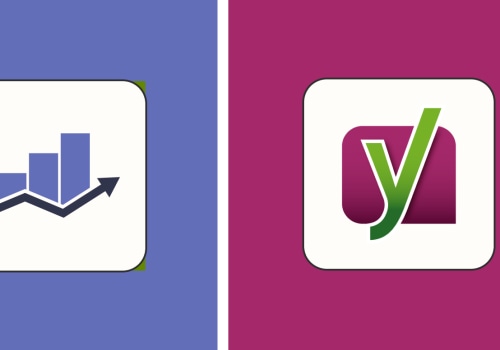WordPress is the most popular content management system (CMS) and it's no surprise why. It works well with Google and other search engines, has many themes and plugins for advanced SEO optimization, is fast and mobile friendly, community friendly, safe and easy to learn. In short, WordPress is the perfect CMS for SEO and creating well-positioned websites. Since its launch in 2003, WordPress has never stopped growing.
In fact, it now powers 34% of the web. Optimized images can speed up page load time, improve the user experience, and offer additional positioning opportunities. A bad user experience can be anything from poor web design to poorly structured content and images that aren't relevant to copying. Google can understand how good the user experience of any website is based on metrics such as bounce rate, average time spent on a page, shopping cart abandonment, etc. It's important that you keep track of these metrics and you can do so by consulting your Google Analytics account.
However, with a good user experience, you can keep your visitors on your site longer and more engaged with your content. To make sure everything works and loads smoothly, you can check the speed of your site in Google's PageSpeed Insights. The PageSpeed score includes reporting data on two essential speed metrics, DomContentLoaded (DCL) and First Contentful Paint (FCP), as well as data from Chrome's User Experience Report (CruX). They help evaluate page performance on both desktop and mobile devices, and offer suggestions on how to improve it. The URL chosen for your website posts is a crucial determinant of how search engines will perceive your content. By default, you'll find the setting that shows URLs based on a few odd characters and numbers.
We suggest that you code it as H1 or H2, depending on the theme you are using. Title tags tell search engines what your page is about. They also leave the first impression on those who see the title of your article in search results. So, this is one of the crucial aspects when it comes to getting a better ranking on search engine results pages. The best platform for SEO will be the one that allows you to create the optimal user experience. That's why I rely on WordPress.
It has a bit of a learning curve at first, but it's not steep and the internet is full of free WordPress resources. If you need help getting started, I've created a guide you can follow to create your WordPress website. Compared to some other content management systems, WordPress is quite exceptional, especially when it comes to SEO. Both are solid selections that will allow you to control most of the technical SEO factors that you can't set up on a new WordPress installation. If there is one factor that affects SEO performance more than any other on a WordPress site, it is the choice of theme. Therefore, WordPress is still a great CMS platform with excellent SEO capabilities with which your site will surely rank well.
You just need to install one of the many free SEO plugins that are available for WordPress and then add them. Here is the breakdown of the top reasons why WordPress is the best platform to use as the basis of your SEO success story:
- It works well with Google and other search engines
- It has many themes and plugins for advanced SEO optimization
- It is fast and mobile friendly
- It is community friendly
- It is safe and easy to learn
In addition to the standard SEO features of WordPress, there are many plugins created specifically for SEO.











